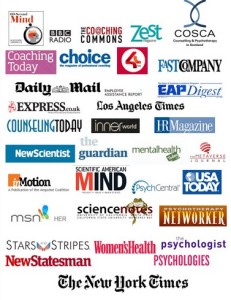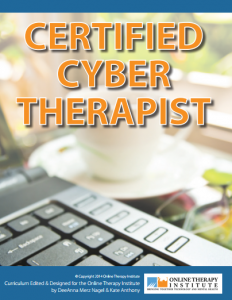Here in the UK, I read The Guardian on a daily basis, and Thursday is my favourite day because it has the Technology section. Victor Keegan asks today whether the virtual boom is the current industrial revolution with regard to virtual gifts – such as roses, birthday cakes, and teddy bears sent via FaceBook and other social networks. These “are often paid for with “virtual” currencies”, so one can exchange them for $$ or ££, etc.
What caught my eye about this article is that he points out that society is being carried away by the word “virtual”, so for instance a block of chocolate, which disappears into your mouth, becomes virtual. More to the point, many of the things we think of as “real” – such as money or the value of a brand (Keegan cites Nike) – are in themselves virtual…. but we are used to them and so consider them real.
The full article is available here: http://www.guardian.co.uk/technology/2009/sep/09/victor-keegan-virtual-world-revolution
So – what has this to do with online therapy?
If a face-to-face session is thought of as being transient – that is, it existed in real time but no longer does apart from the memory and the learning from it (like the chocolate – I ate it and I enjoyed it and am therefore likely to do it again therefore adding to my life experience, but it is past), does that make it less virtual than online therapy sessions (where the record of the session is logged, printed, carried, re-read). Is the reason for the suspicion of online therapy simply that we are not used to thinking of it as real, because our professional history shows that we believe face-to-face therapy as being “real”. The face-to-face session is past and is only in our memory – the online session gives us tangible evidence of it. It doesn’t make the fleeting face-to-face session less real… but it means the online session exists at any point we – or more to the point, the client – want to re-experience it.
So – does that mean the online therapy session is technically less virtual than face-to-face therapy?
Kate


